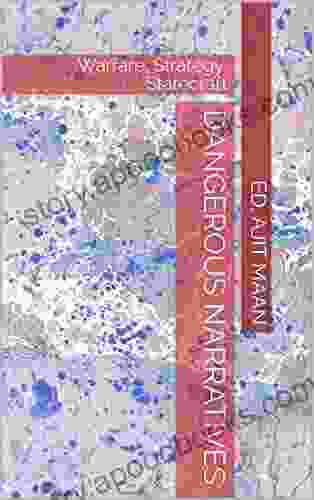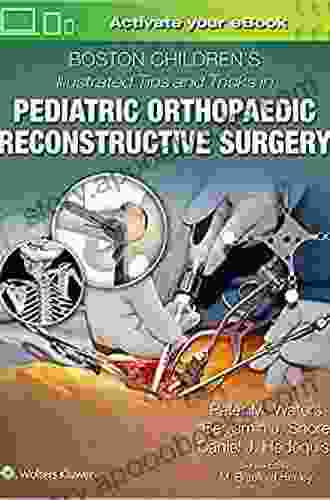Waste Value and the Imagination: A Journey through Social Anthropology

5 out of 5
| Language | : | English |
| File size | : | 2426 KB |
| Text-to-Speech | : | Enabled |
| Screen Reader | : | Supported |
| Enhanced typesetting | : | Enabled |
| Word Wise | : | Enabled |
| Print length | : | 352 pages |
In the realm of human existence, waste has often been relegated to the fringes of our consciousness, dismissed as mere refuse or unwanted byproducts. Yet, through the lens of social anthropology, waste emerges as a multifaceted phenomenon, holding profound implications for our understanding of society, culture, and the human condition.
This article embarks on an exploration of the concept of waste value and its intricate relationship with the human imagination. Drawing upon insights from social anthropology, we will delve into the ways in which waste can inspire innovation, foster social change, and illuminate the complex dynamics of human behavior.
Waste as a Catalyst for Innovation
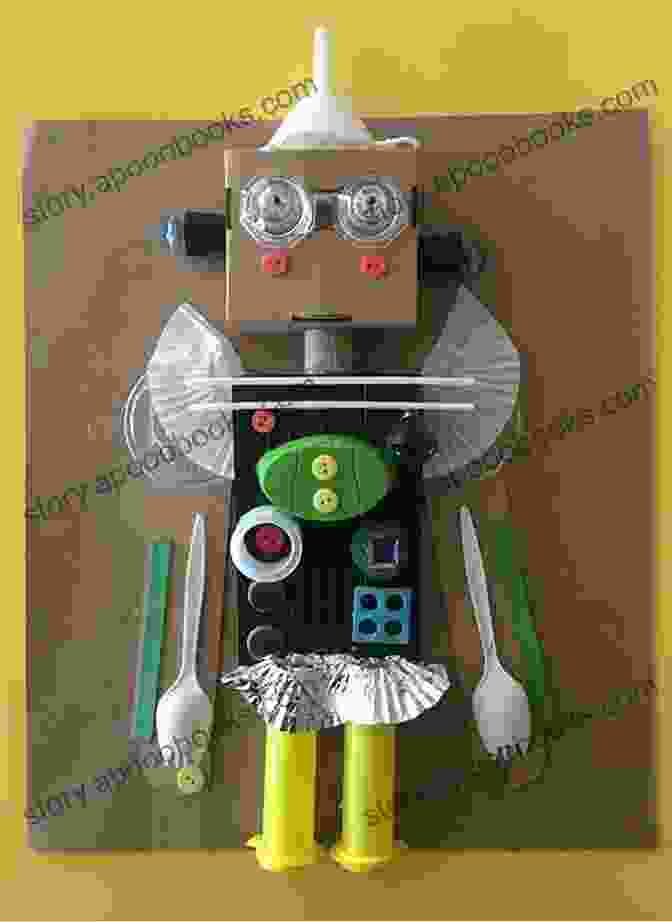
Waste, far from being a burden, can serve as a catalyst for human ingenuity. Throughout history, countless examples have demonstrated the transformative power of waste in igniting creativity and driving innovation.
In developing countries, for instance, waste materials have been ingeniously repurposed, giving rise to innovative solutions for housing, sanitation, and transportation. Slum dwellers in Mumbai, India, have constructed homes using discarded shipping containers and scrap metal, turning waste into valuable shelters.
Similarly, in the field of art, waste materials have inspired groundbreaking artistic expressions. From sculptures made from discarded plastic bottles to paintings created with recycled paper, artists have harnessed the potential of waste to create thought-provoking and aesthetically captivating works.
Waste as a Mirror of Social Values
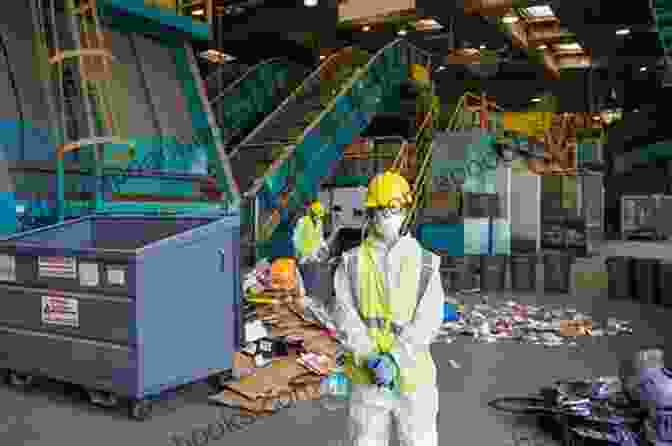
Waste not only reflects our material consumption patterns but also serves as a mirror of our social values and beliefs. The way we generate, dispose of, and perceive waste provides valuable insights into our societal norms, priorities, and aspirations.
In societies where consumerism reigns supreme, waste often becomes a symbol of excess and disposable lifestyles. Landfills and incinerators bear witness to our collective tendency to discard goods without regard for their environmental consequences.
Contrastingly, in communities that emphasize sustainability and circularity, waste is perceived as a valuable resource, to be reused, recycled, or repurposed. Such societies have developed innovative waste management systems that minimize waste generation and maximize its potential value.
Waste as a Tool for Social Change

Waste can transcend its material form and become a potent tool for social change. By challenging conventional notions of waste and value, activists and community organizers have harnessed the power of waste to raise awareness, foster collaboration, and empower marginalized communities.
In the United States, for example, the environmental justice movement has mobilized communities disproportionately affected by pollution and waste disposal. Through protests, campaigns, and community-led cleanup initiatives, activists have highlighted the environmental and social injustices associated with waste and demanded policy changes to protect the health and well-being of their communities.
Furthermore, waste has been used as a means of promoting social inclusion and economic empowerment. In developing countries, waste recycling programs have created jobs and provided a source of income for marginalized individuals. By transforming waste into a valuable commodity, these programs have not only reduced environmental pollution but also fostered social and economic development.
Waste in Social Anthropology: A Rich Field of Study
Social anthropology has played a pivotal role in advancing our understanding of waste value and the imagination. Anthropologists have conducted extensive field research in diverse cultural contexts, documenting the ways in which different societies perceive, manage, and utilize waste.
These studies have shed light on the complex interrelationships between waste, culture, and the environment. They have revealed the symbolic meanings attached to waste in different societies, the social practices surrounding waste disposal, and the cultural factors that shape waste management policies.
Anthropological research on waste has also contributed to the development of theoretical frameworks that help us understand the role of waste in social and cultural processes. Scholars have explored the concept of waste in relation to notions of consumption, identity, and power, providing a deeper understanding of the ways in which waste shapes and is shaped by human societies.
The exploration of waste value and the imagination through the lens of social anthropology has yielded a wealth of insights into the multifaceted nature of waste and its profound implications for human society.
Waste is not simply a disposable byproduct but a valuable resource, a source of innovation, a mirror of social values, and a tool for social change. By embracing the transformative potential of waste, we can unlock new possibilities for sustainable living, foster social inclusion, and empower communities to create a more equitable and environmentally conscious world.
As social anthropologists continue to delve into the intricacies of waste value and the imagination, we can expect to gain further insights into the complex relationship between humans and waste. This ongoing exploration promises to enrich our understanding of human behavior, shed light on social and environmental challenges, and inspire innovative solutions for a more sustainable future.
5 out of 5
| Language | : | English |
| File size | : | 2426 KB |
| Text-to-Speech | : | Enabled |
| Screen Reader | : | Supported |
| Enhanced typesetting | : | Enabled |
| Word Wise | : | Enabled |
| Print length | : | 352 pages |
Do you want to contribute by writing guest posts on this blog?
Please contact us and send us a resume of previous articles that you have written.
 Book
Book Novel
Novel Page
Page Chapter
Chapter Text
Text Story
Story Genre
Genre Reader
Reader Library
Library Paperback
Paperback E-book
E-book Magazine
Magazine Newspaper
Newspaper Paragraph
Paragraph Sentence
Sentence Bookmark
Bookmark Shelf
Shelf Glossary
Glossary Bibliography
Bibliography Foreword
Foreword Preface
Preface Synopsis
Synopsis Annotation
Annotation Footnote
Footnote Manuscript
Manuscript Scroll
Scroll Codex
Codex Tome
Tome Bestseller
Bestseller Classics
Classics Library card
Library card Narrative
Narrative Biography
Biography Autobiography
Autobiography Memoir
Memoir Reference
Reference Encyclopedia
Encyclopedia Wallace Stevens
Wallace Stevens Winston S Churchill
Winston S Churchill Murphy Daley
Murphy Daley Ellen Schreiber
Ellen Schreiber Nicole Russo De Souza
Nicole Russo De Souza Frederick Douglass
Frederick Douglass Leonard Jordan
Leonard Jordan Sally Robinson
Sally Robinson Steven Paul Winkelstein
Steven Paul Winkelstein Valerie S Goodwin
Valerie S Goodwin Lea Wait
Lea Wait Seymour Fink
Seymour Fink Rough Guides
Rough Guides Rae Blackledge
Rae Blackledge Nanette O Neal
Nanette O Neal Regina G Richards
Regina G Richards Michael Withey
Michael Withey W S Di Piero
W S Di Piero Marcus Garvey
Marcus Garvey Morgan Rhodes
Morgan Rhodes
Light bulbAdvertise smarter! Our strategic ad space ensures maximum exposure. Reserve your spot today!
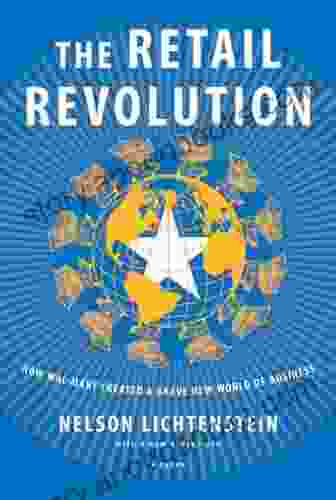
 Samuel WardUnveiling the Walmart Phenomenon: How the Retail Giant Reshaped the Business...
Samuel WardUnveiling the Walmart Phenomenon: How the Retail Giant Reshaped the Business...
 Charles BukowskiAwaken Your Senses with 'Look Closely: A Collection of Haiku' | Immerse...
Charles BukowskiAwaken Your Senses with 'Look Closely: A Collection of Haiku' | Immerse... Benjamin StoneFollow ·8.8k
Benjamin StoneFollow ·8.8k David Foster WallaceFollow ·19.3k
David Foster WallaceFollow ·19.3k Henry HayesFollow ·14.3k
Henry HayesFollow ·14.3k Anthony BurgessFollow ·11.5k
Anthony BurgessFollow ·11.5k Kenzaburō ŌeFollow ·7k
Kenzaburō ŌeFollow ·7k Carlos FuentesFollow ·7.7k
Carlos FuentesFollow ·7.7k Reed MitchellFollow ·16.5k
Reed MitchellFollow ·16.5k Mark TwainFollow ·15.5k
Mark TwainFollow ·15.5k
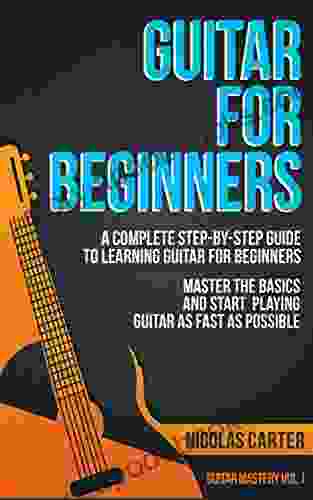
 Jorge Luis Borges
Jorge Luis BorgesUnlock Your Inner Musician: The Ultimate Guide to...
Embark on a Musical...
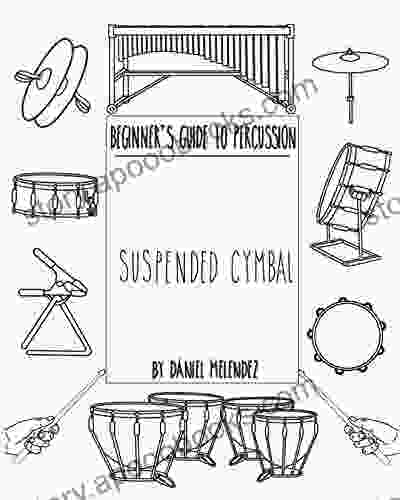
 Carlos Drummond
Carlos DrummondQuick Reference Guide To Percussion Instruments And How...
Unleash your inner rhythm with...

 Roberto Bolaño
Roberto BolañoUnlock Your Guitar Potential: The Ultimate Guitar Mastery...
Are you ready...

 Fred Foster
Fred FosterLooking for Lady Dee: A Punk Rock Mystery
By [Author's Name] Looking for Lady Dee is...

 Jacques Bell
Jacques BellJourney into the Mystical Realm of "Heaven Polly Alice...
In the tapestry of literature, where...
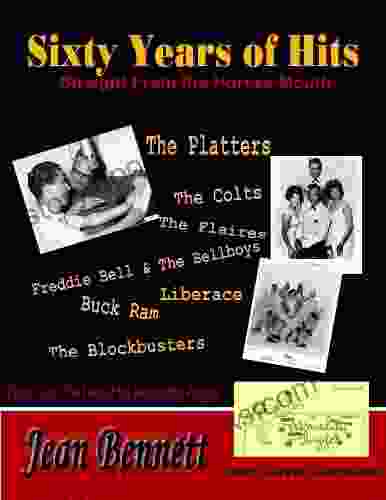
 Julio Ramón Ribeyro
Julio Ramón RibeyroSixty Years of Hits: A Musical Journey Through Time
Music has the...
5 out of 5
| Language | : | English |
| File size | : | 2426 KB |
| Text-to-Speech | : | Enabled |
| Screen Reader | : | Supported |
| Enhanced typesetting | : | Enabled |
| Word Wise | : | Enabled |
| Print length | : | 352 pages |



